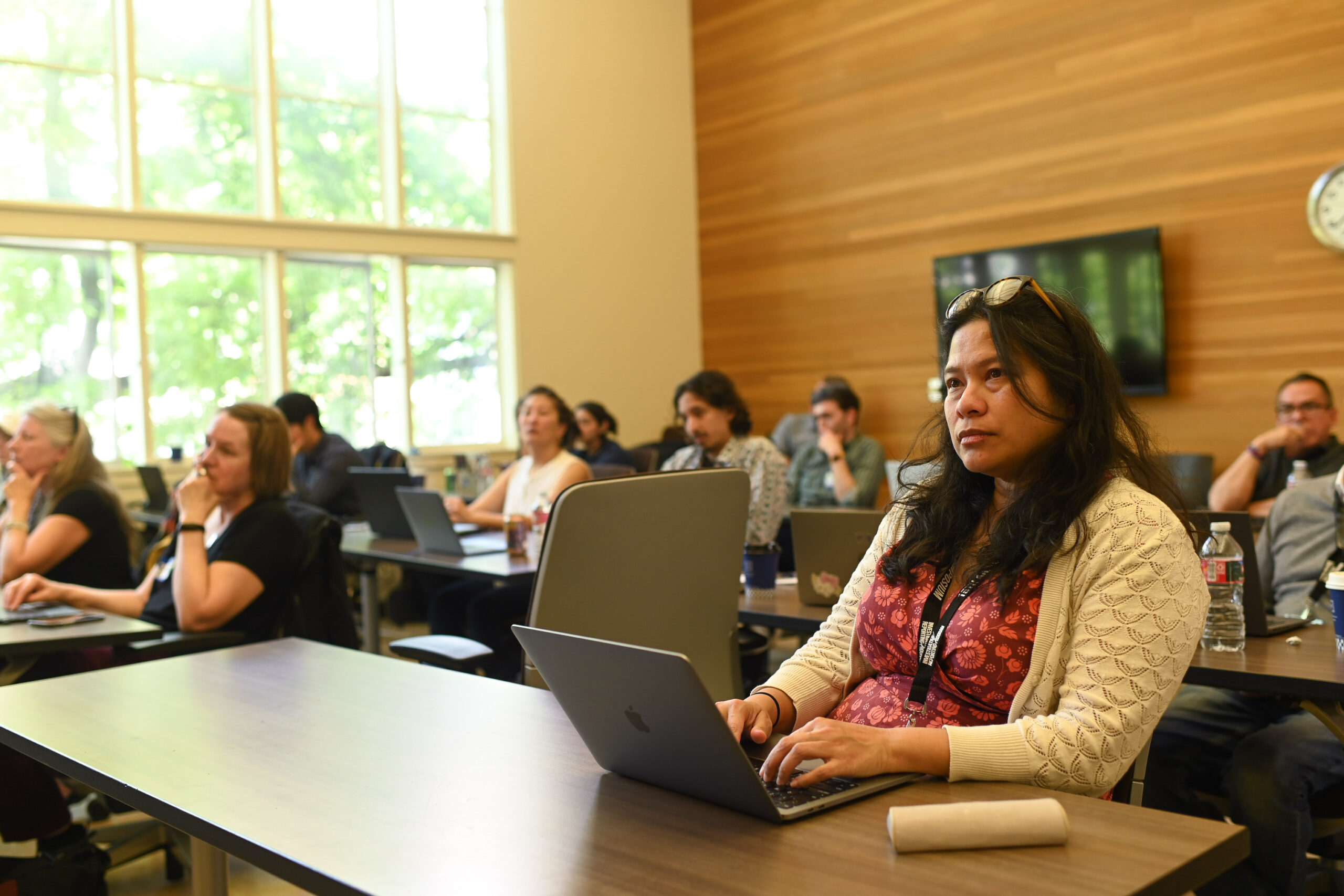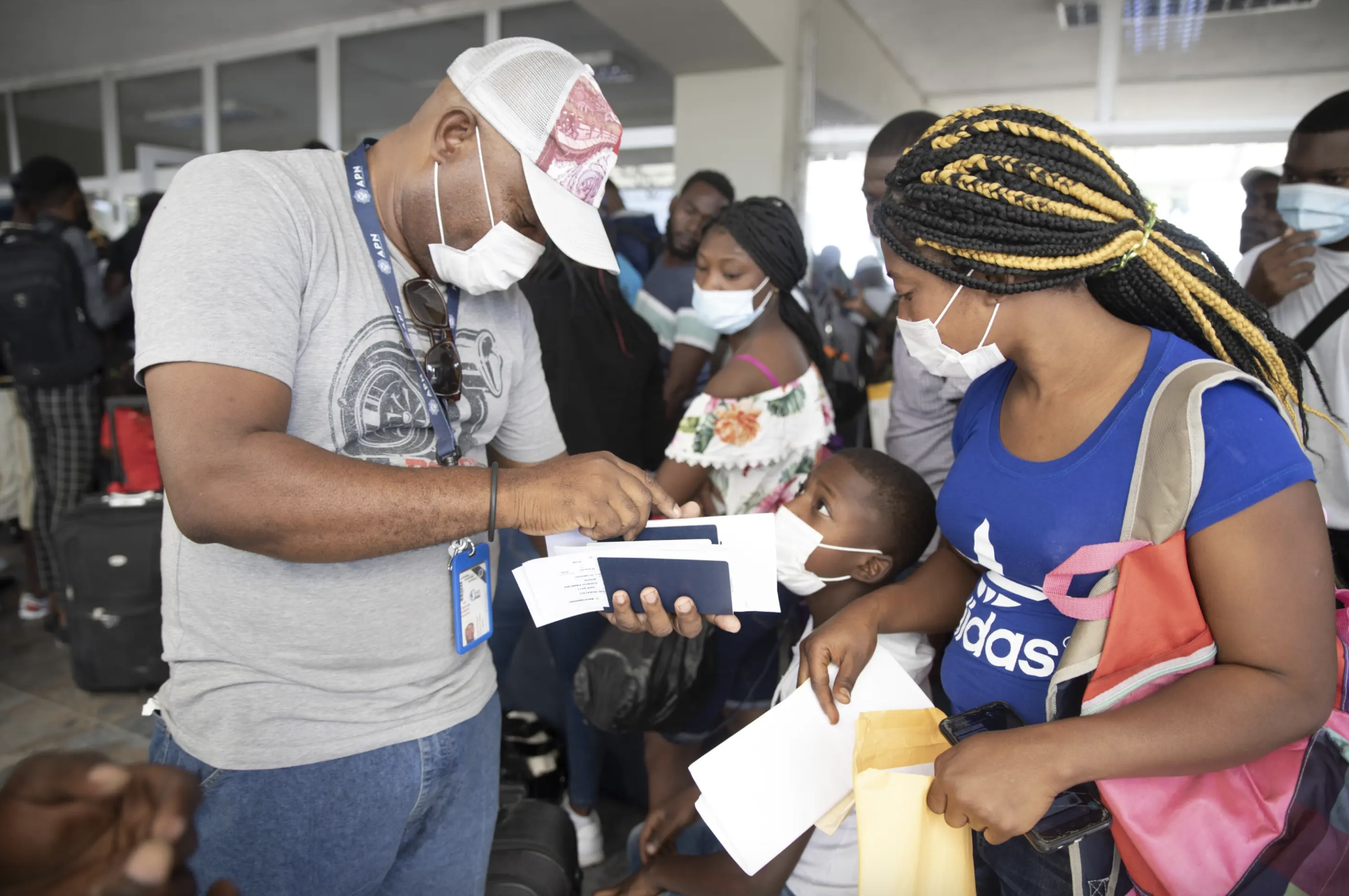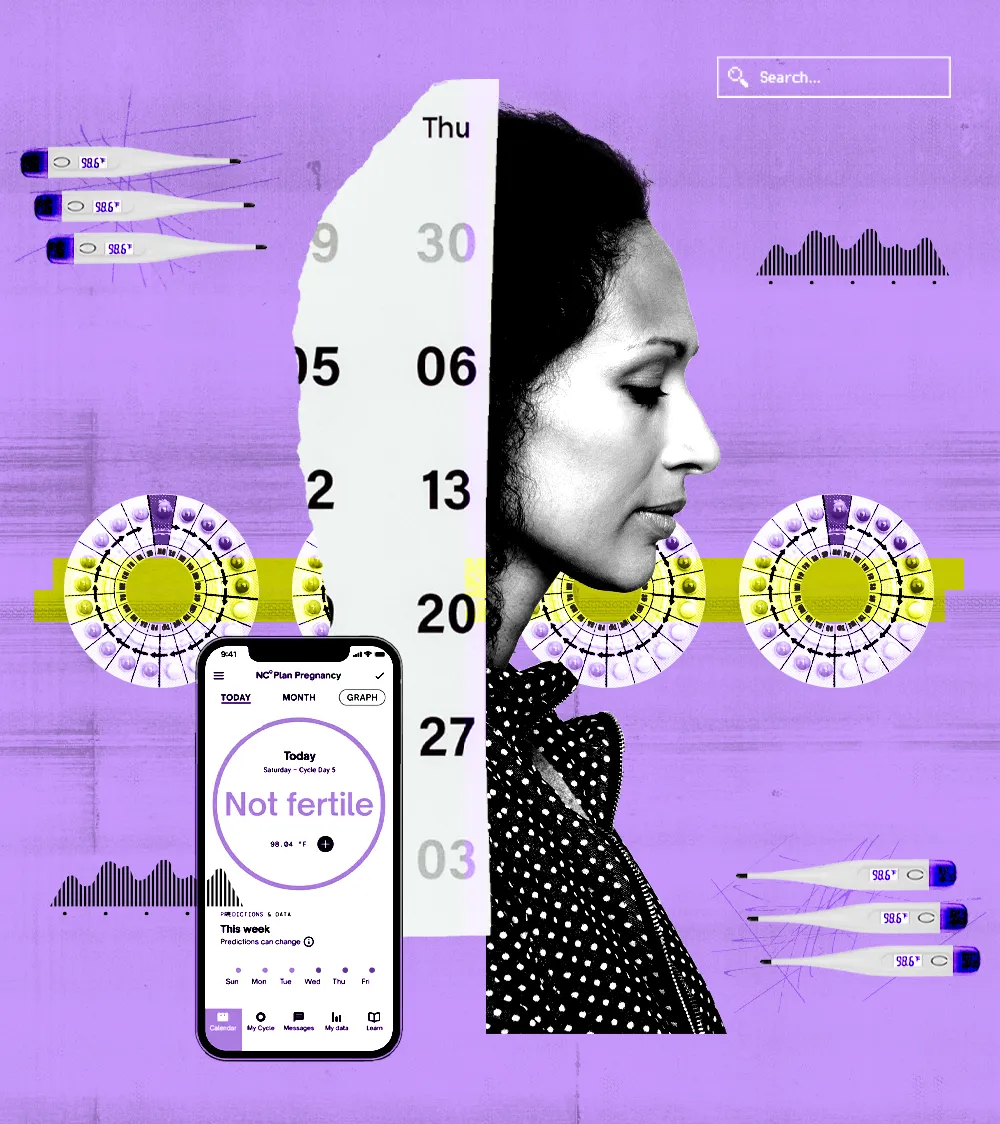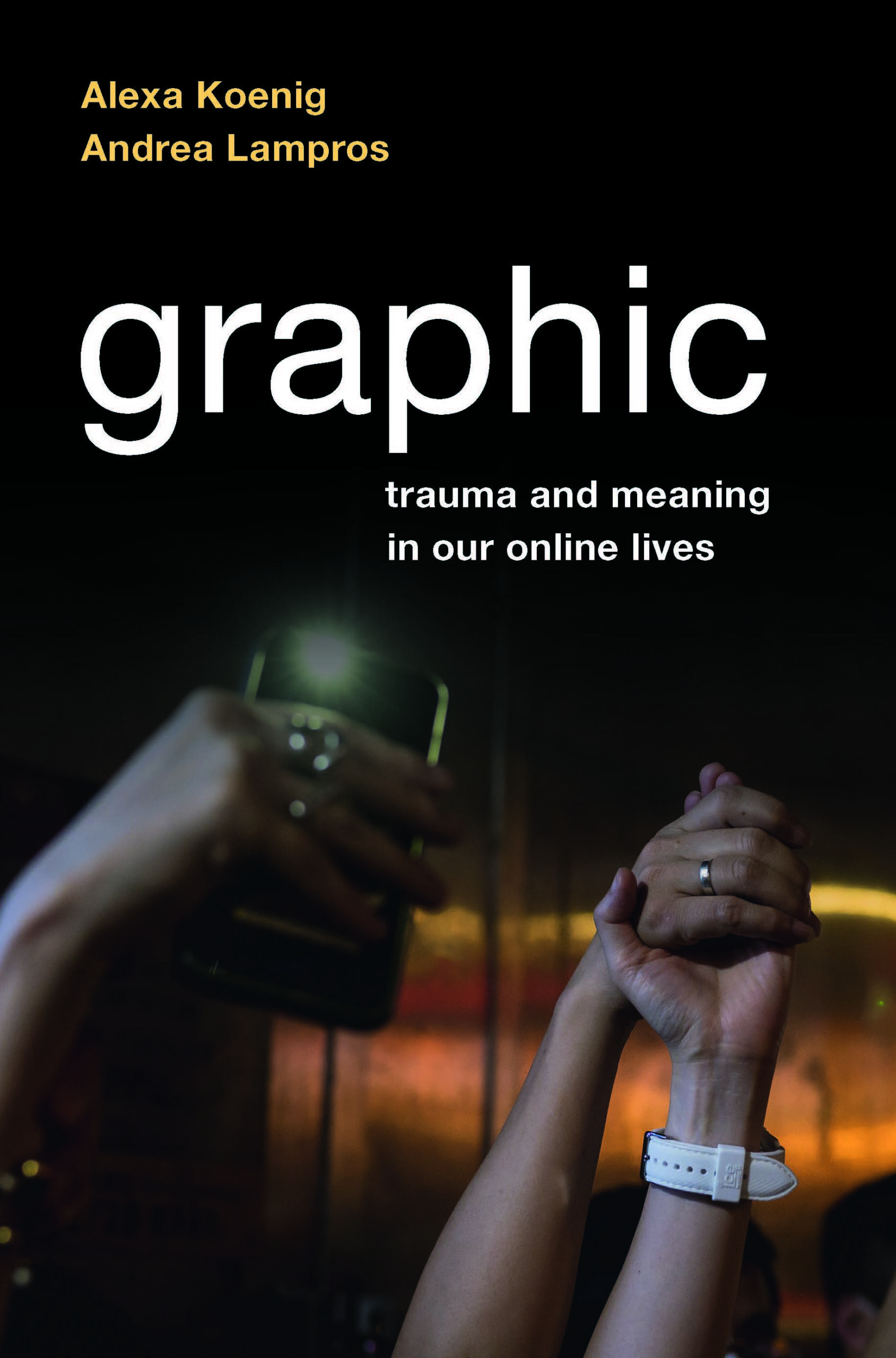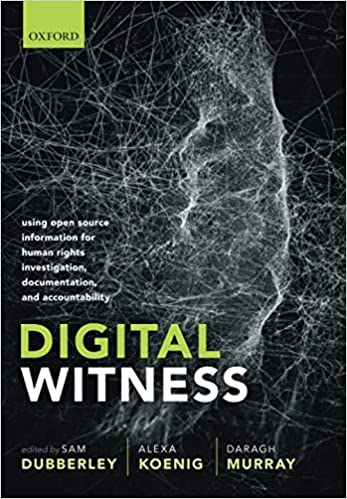Building on a decades-long foundation of partnering with journalists, the Human Rights Center has launched a robust arm of work in journalistic collaboration. HRC strengthens the field of investigative reporting by teaching journalists rigorous open source research methods to integrate alongside traditional shoe-leather reporting. Our current contributions to the field of investigative journalism are three-pronged: an innovative graduate-level course, partnerships and collaborations fostered through the Human Rights Investigations Lab, and resources for reporters that include professional digital investigation trainings and our annual conference co-sponsored by Berkeley Journalism’s Investigative Reporting Program.
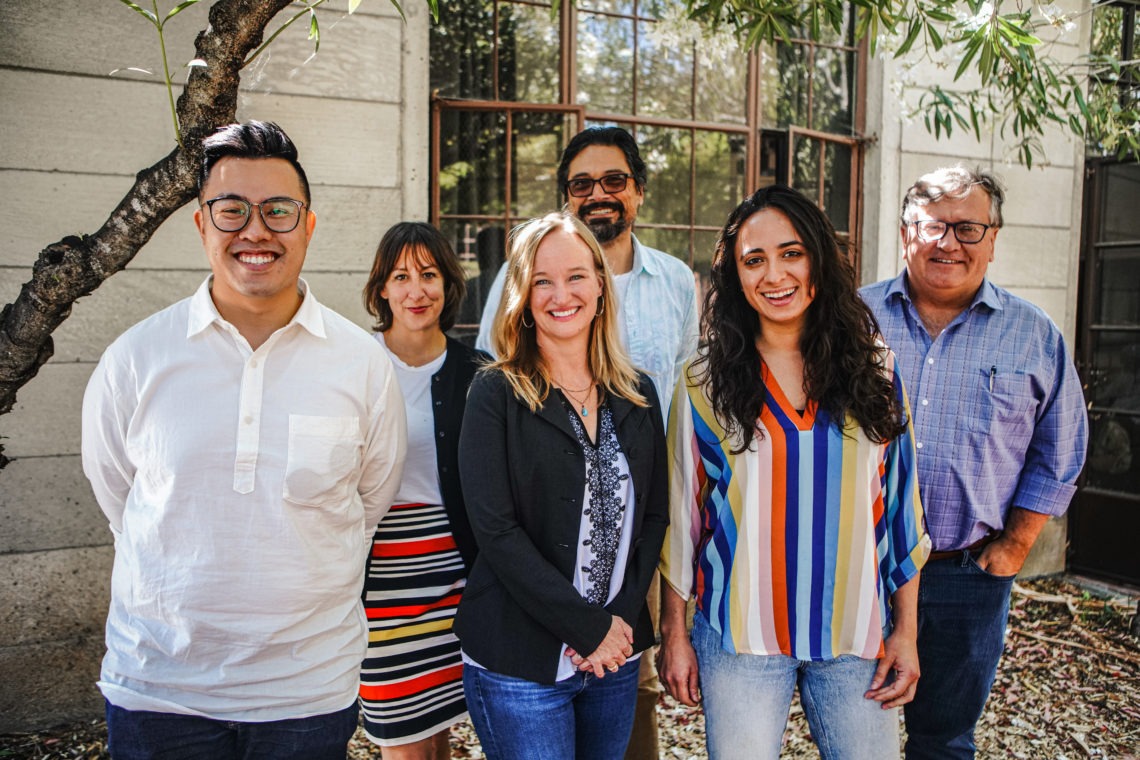
A Groundbreaking Graduate Course
For the last three years, we’ve joined forces with the Investigative Reporting Program at Berkeley Journalism to offer the first class of its kind–a graduate-level open source investigative reporting course that partners students and professional members of our team with diverse media outlets for the term of an investigative project. Led by experts in both digital investigations and time-honored investigative journalism methods, this class pushes the boundaries of what is possible in a classroom setting by leveraging data, social media, and traditional reporting. Students have examined the evolution of heartbeat bills in the anti-abortion movement and efforts to undermine trust in and access to hormonal birth control with Reveal from the Center for Investigative Reporting, and uncovered a shadow industry fueled by US deportations of Haitian immigrants with the Associated Press.
Stories Reported with the Investigative Reporting Program

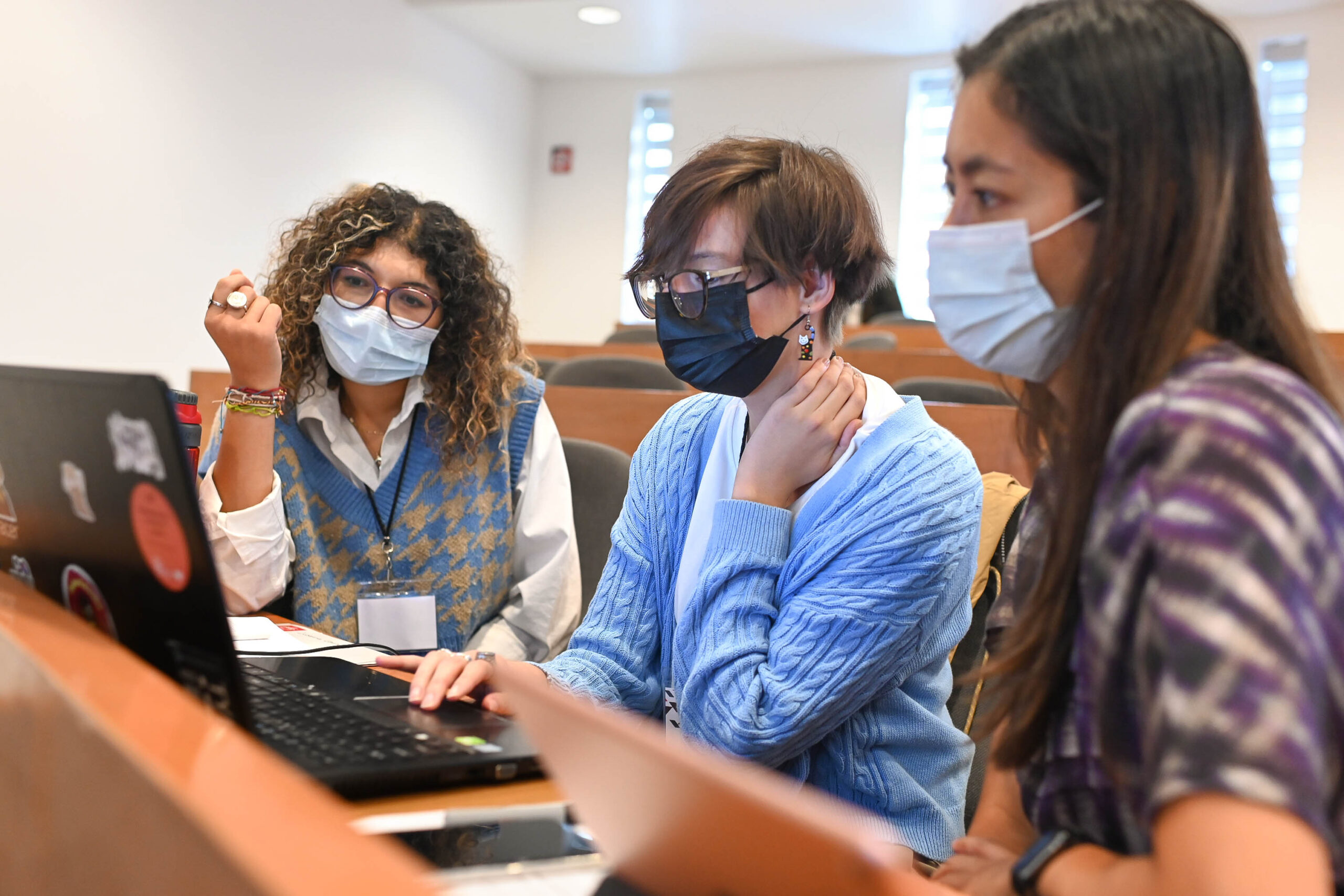
Investigations Lab
The Lab has contributed to many reporting projects, including Myanmar’s armed forces using bodies to terrorize civilians; targeting of journalists in Western Sahara; Uyghur forced labor; police surveillance; and much more. Lab alumni have gone on to win Pulitzer Prize and Polk Awards, and are leading digital investigations teams at The New York Times and The Washington Post.
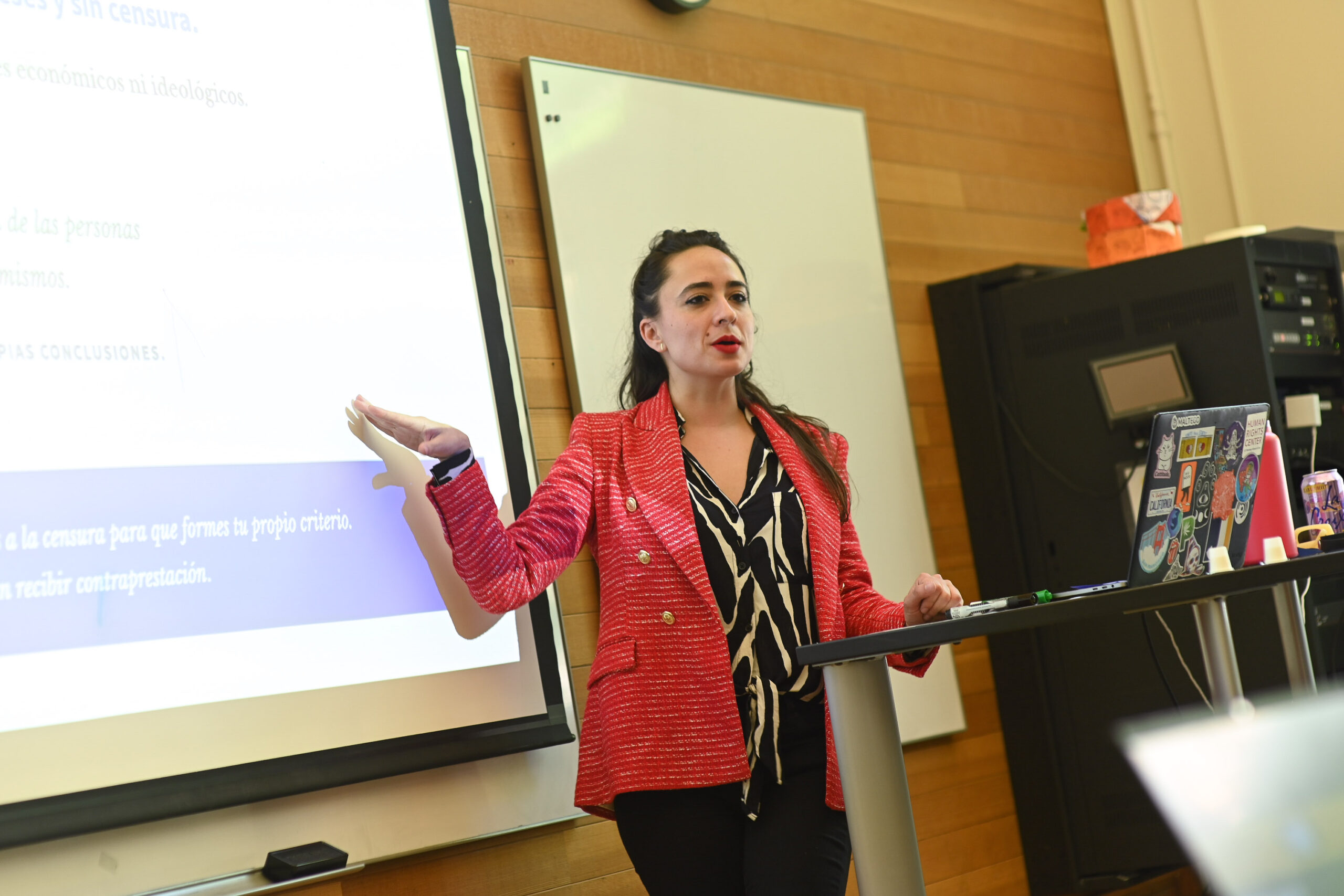
Innovating the Field of Investigative Journalism
Since 2022, the Human Rights Center has worked with Berkeley Journalism’s Investigative Reporting Program to co-produce a full day of open source investigative reporting lightning talks and hands-on workshops for some of the top investigative reporters in the world. Our Open Source / Open House follows Berkeley Journalism’s Logan Symposium on Investigative Reporting, and brings together journalists, investigators, and open source experts to demonstrate and experiment with the most cutting-edge innovations in digital open source investigations.
Reporting Partners





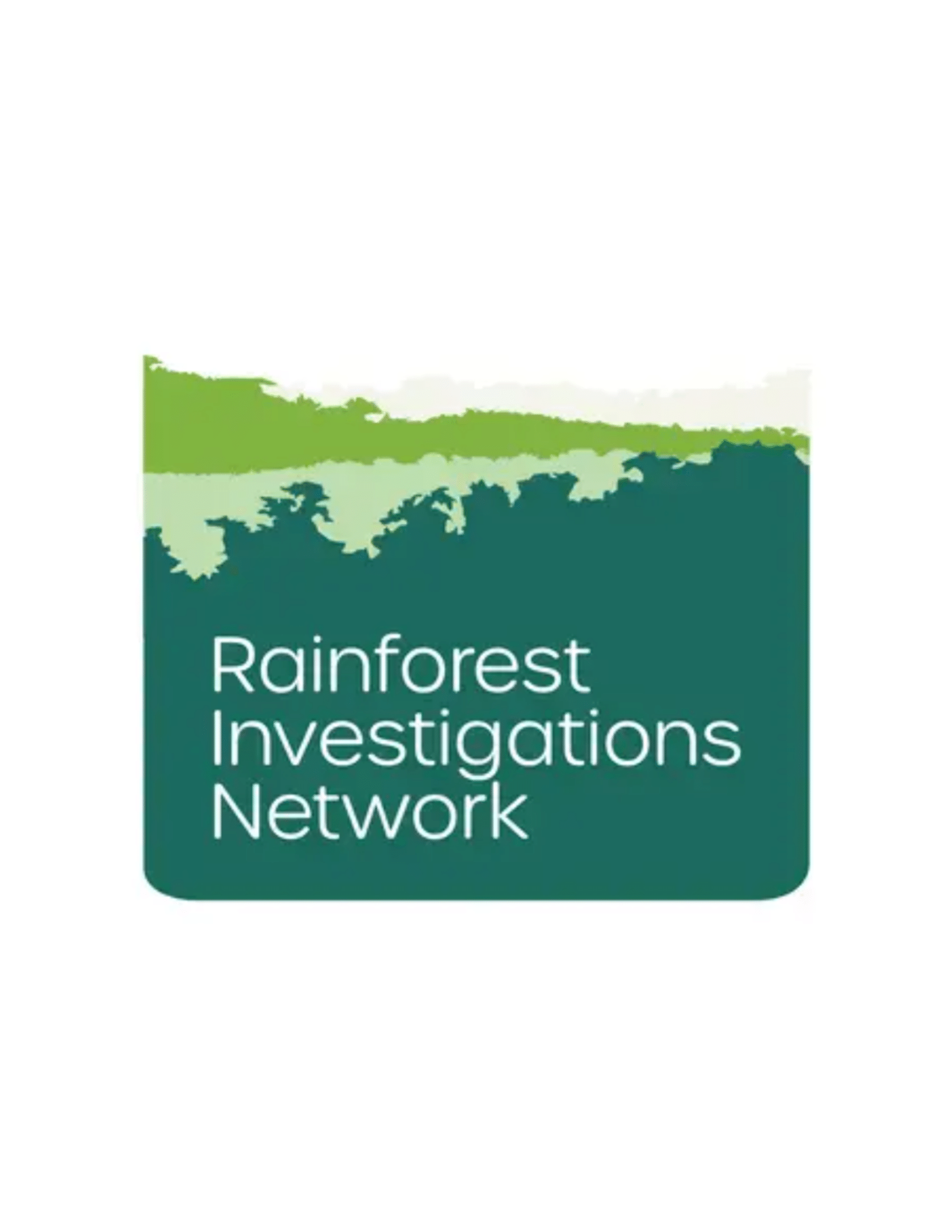
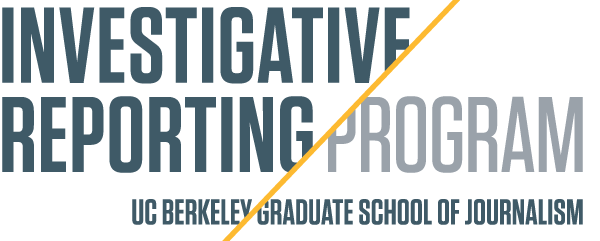

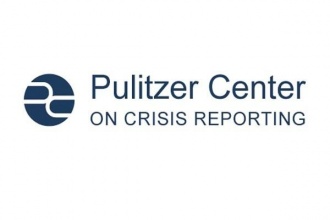
News

May 8, 2022
Detailed ‘Open Source’ Investigations Are Catching On
Rioters try to break through a police barrier at the Capitol in Washington on Jan. 6 2021. News organizations are using sophisticated new technologies to transform the way they conduct investigations. Much of it is publicly available, or

September 16, 2021
UC Berkeley pioneers first multidisciplinary OSINT training for journalism and law students
From left to right: Brian Nguyen (’22), Andrea Lampros (‘97), Alexa Koenig, Richard Koci Hernandez, Gisela Pérez de Acha (’20) and David Barstow. Photo: Beryl Terry (’23). HRC in the News
